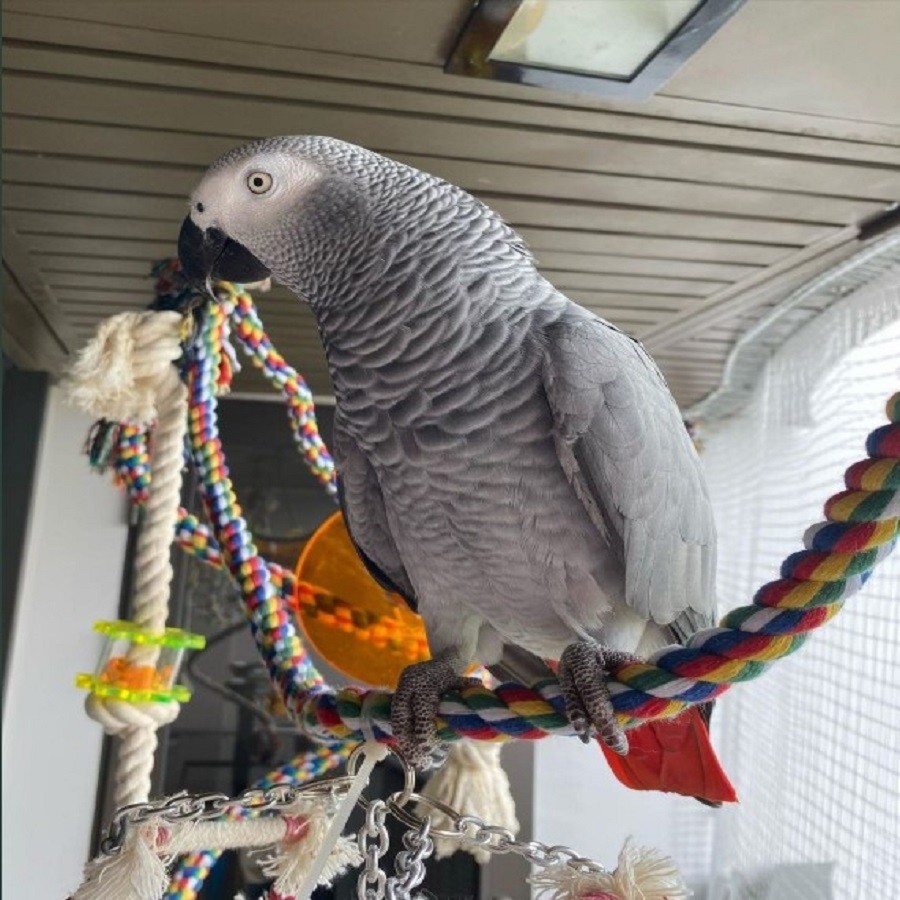The Avian Mind: A Deep Dive into the Psychology of the African Grey Parrot
What truly happens inside the mind of a profoundly intelligent animal? This question has fascinated scientists and philosophers for centuries. As we seek companions that can connect with us on a deeper level, we are drawn to creatures that offer a window into a complex consciousness. This very exploration of animal psychology is what makes the prospect of finding African grey parrots for sale so compelling. More than any other widely kept bird, the African Grey, and in particular the renowned Congo African grey parrot, serves as a living case study in advanced cognition, social dynamics, and the intricate psychology of a non-human mind. To truly understand them is to go beyond their care sheets and delve into the very 'why' behind their remarkable behaviors.
The Cognitive Engine: Beyond Simple Problem-Solving
The intelligence of an African Grey is not a mere collection of tricks; it is the output of a sophisticated cognitive engine. Research has illuminated their capacity for complex mental processes that were once thought to be exclusive to humans and great apes. One such process is associative learning, where they don't just hear a word but link it to an object, an action, or a consequence. This is the foundation of their ability to use language with context.
Furthermore, they demonstrate a grasp of abstract concepts like "same" and "different," "bigger" and "smaller." The famous studies with Dr. Irene Pepperberg's parrot, Alex, showed he could not only identify a blue block but could also answer how it was similar to a blue key (color) and different from a red block (shape/color). This requires a level of abstract reasoning and categorization that points to a highly developed prefrontal cortex equivalent. For an owner, this means you are living with a creature that is constantly analyzing, categorizing, and making logical connections about its environment. Their intelligence is not passive; it is an active, processing force.






















